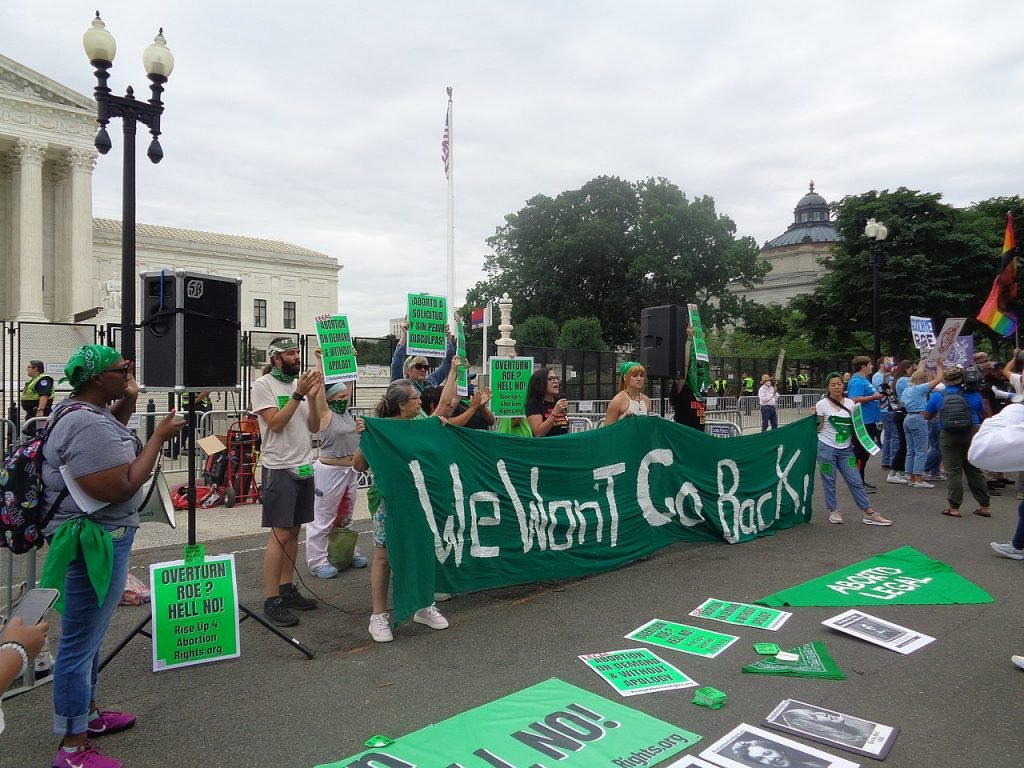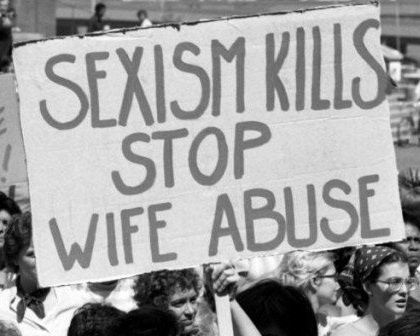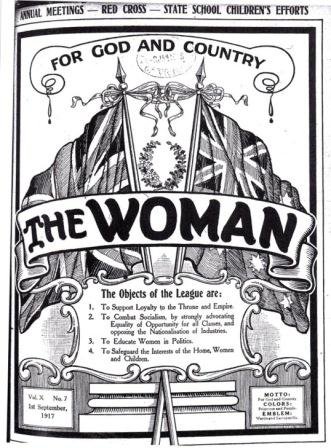What are the four waves of feminism? And what comes next?
Published in The Conversation 8 March 2024
How do we know when to pronounce the next “wave”? (Spoiler alert: I have no answer.) Should we even continue to use the term “waves”?
…
What does this mean for “waves” in 2024 and beyond?
To build vigorous varieties of feminism going forward, we might reframe the “waves”. We need to let emerging generations of feminists know they are not living in an isolated moment, with the onerous job of starting afresh. Rather, they have the momentum created by generations upon generations of women to build on.


How effective is historical resentment in protest movements & what happens if your history’s been wiped?
There is a complex relationship between historical narratives and the emotions of ideologies and social movements. Crucially, the nature of this relationship can be racialised, ethnicised, classed and gendered.
Political activists often cite historical precedents to produce emotion and affect designed to inspire participation in the cause. They engage in an emotional practice, to use Monique Scheer’s concept, through working to elicit feelings to spur protest.
But what happens when activists need specific historical narratives to suit their particular causes and these histories are not well known?
Or, if these histories are purposely silenced, omitted from the collective memory of a community or nation, or distorted to suit a dominant culture or authority?
How then can recollecting the past do the emotions work of protest?




If they’re protesting silently, are they still militant?
What does this say about the emotions work they do?

Historians v Sociologists: addressing emotions and militant feminism
Exploring the differing approaches too these two issues.


Patriotic women and the emotional politics of empire: Ireland and Australia, 1916-1920
Antipodean discussions, therefore, often centred on the anxiety-ridden question of how to be a ‘good’ woman voter who exercised loyalty to both the new nation and the old empire.
